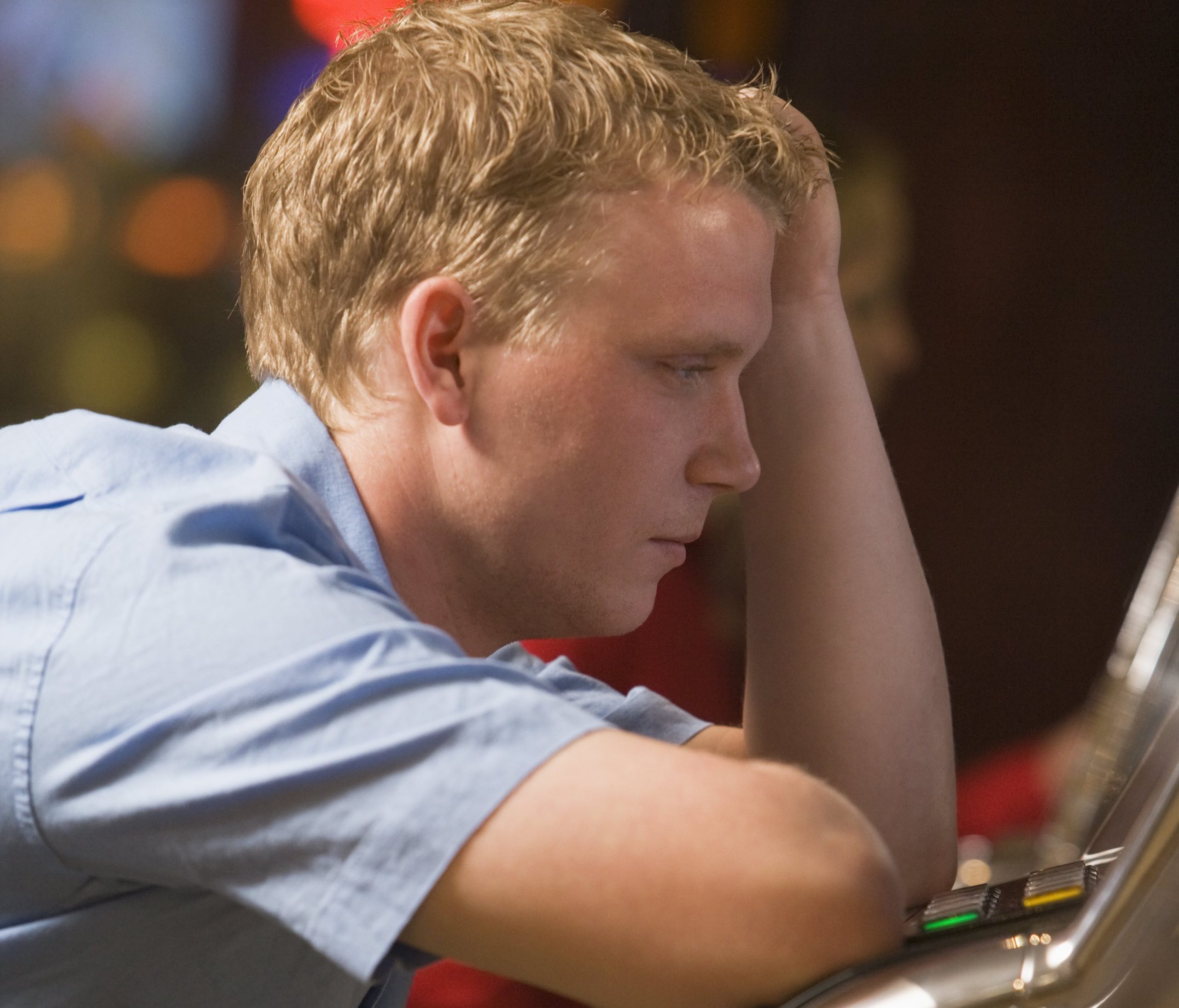Gambling Addiction & Sports
Gambling has become increasingly prevalent in the world of sports, particularly in sporting clubs. While many individuals gamble for fun and entertainment, the effects of gambling on mental health can be profound and devastating, particularly in the context of sports clubs. The psychological effects of gambling can be far-reaching and may lead to addiction and other mental health issues.
One of the most significant effects of gambling in sports clubs is the impact it can have on mental health. Many individuals who gamble excessively may experience feelings of anxiety, depression, and stress. These feelings can be particularly acute in the context of sports clubs, where gambling can become a pervasive and dominant feature of the culture.
The psychological effects of gambling in sports clubs can be particularly acute for those who become addicted to gambling. Addiction is a serious mental health issue that can have long-lasting effects on a person's life. Gambling addiction can be particularly difficult to overcome, and many individuals may require professional support and intervention to break free from the cycle of addiction.
The effects of gambling on mental health in sports clubs can also be compounded by the social and cultural aspects of sports club culture. In many sporting clubs, gambling is seen as an accepted and normal part of the culture, and individuals who do not participate in gambling may feel ostracized or left out. This can create significant pressure on individuals to participate in gambling activities, even if they do not want to.

In addition to the psychological effects of gambling, there are also practical consequences that can impact a person's mental health. For example, individuals who gamble excessively may experience financial difficulties, which can lead to feelings of stress, anxiety, and depression. In some cases, gambling can even lead to the breakdown of relationships and social support networks, which can have a profound impact on mental health.
Despite the potential negative effects of gambling on mental health, there are steps that can be taken to mitigate these risks. For example, sporting clubs can work to create a culture that is less focused on gambling, and more focused on other activities and interests. Additionally, individuals who are struggling with addiction or other mental health issues related to gambling can seek support and assistance from mental health professionals and support groups.
In conclusion, the effects of gambling on mental health in sports clubs can be profound and far-reaching. The psychological effects of gambling can lead to addiction and other mental health issues, and the practical consequences of gambling can create significant stress and anxiety. To address these risks, it is important for sporting clubs and individuals to take proactive steps to promote a culture that is less focused on gambling, and to seek support and assistance when necessary. By doing so, individuals can enjoy the benefits of sports clubs while minimizing the risks associated with excessive gambling.

Jake Edwards
OTLR’s founder, Jake
Edwards, speaks about his experience
as a professional AFL player, living
with depression, attempting suicide
and launching OTLR.
*Trigger Warning*
Todd Morgan
CEO Todd Morgan explains his passion behind OTLR and what has brought him to want to change and save lives across Australia.
*Trigger Warning*

